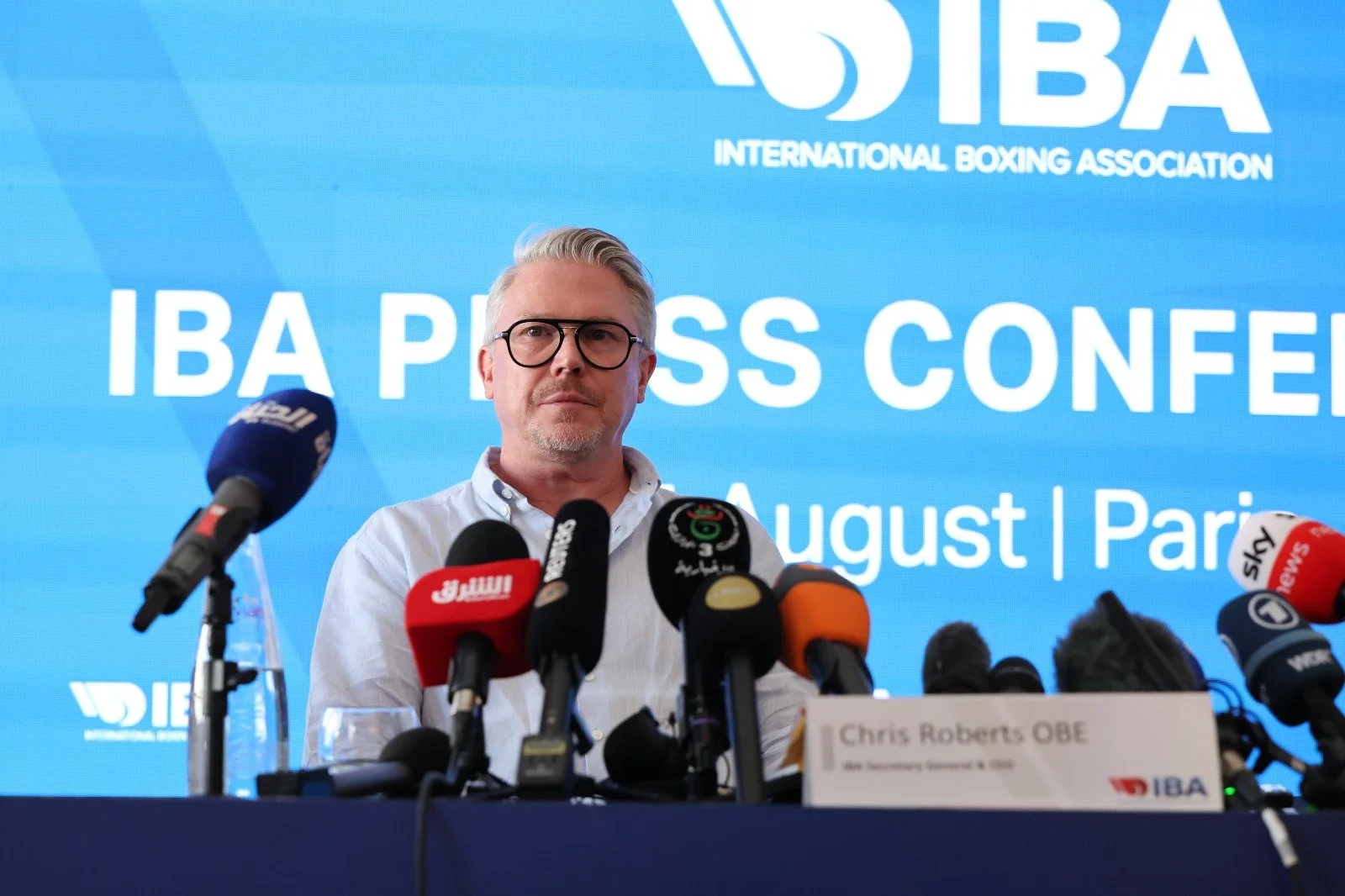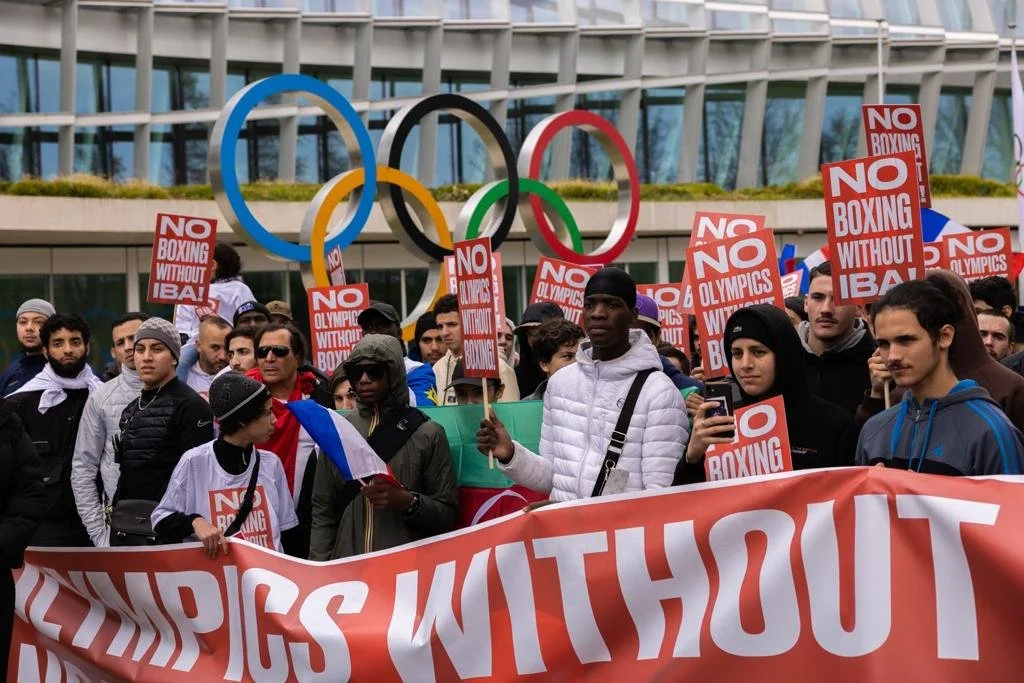![Yo, Adrian: can the IBA and IOC get to — détente?]()
In the iconic 1985 ahead-of-its-time Cold War-era cinematic classic, Rocky IV, Sylvester Stallone and Dolph Lundgren do battle in the boxing ring.
Stallone of course is the American Rocky Balboa. Early in the film, Lundgren, cast as the emotionless automaton Soviet Ivan Drago, beats the former heavyweight champ Apollo Creed, ultimately to death, in an exhibition bout. “If he dies, he dies,” Drago says.
Rocky decides to challenge Drago. He sets up camp in the Soviet Union on Christmas Day. He does roadwork in deep snow and works out using ancient equipment. Finally, the match. Predictably, Drago gets the better of it early, only for Rocky to come back. In the 15th and final round, Rocky knocks Drago out, avenging his friend Apollo’s death and, of course, affirming truth, justice and the American way, but never mind that.
During the fight, the once-hostile Soviet crowd, seeing how Rocky had held his ground, began to cheer for him. After winning, he grabs the mic and says, “During this fight, I’ve seen a lot of changing, the way you felt about me, and in the way I felt about you … I guess what I’m trying to say is that if I can change, and you can change, everybody can change!”










